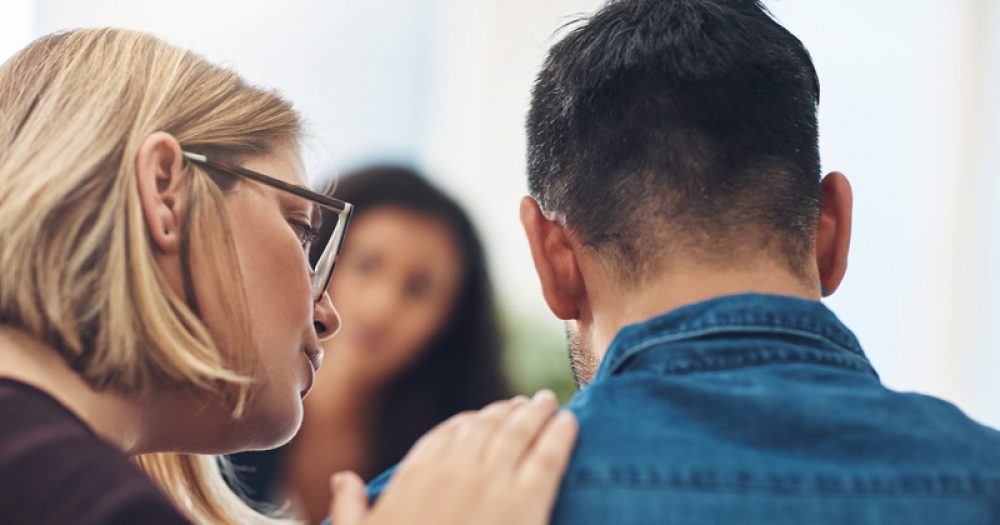As the government announce a gradual re-opening of schools, Cat Scutt looks at the challenges teachers will be facing and what they will need to begin closing the widening disadvantage gaps
The closure of schools to most pupils is a key part of the approach to tackling the Covid-19 pandemic and fully reopening them too soon risks not just teachers, pupils and their families, but also a second peak of infection. But as the Chartered College of Teaching’s recent review of evidence around school closures highlights, the pandemic will have substantial academic and social consequences for children and young people. Schools are working round the clock to try to mitigate these, from access to learning to provision of food and basic resources.
Focusing on academic outcomes alone, the NWEA’s projections of the impact of school closures are stark. They are based on the idea that the loss of learning this year compared to a “normal” year will be a combination of learning missed due to closures and the “summer learning loss” effect. Research on summer learning loss is contentious, but it is often suggested that pupils from disadvantaged backgrounds lose more learning over the break than their less disadvantaged peers.
Of course, summer learning loss is different to the current context. Schools are still providing learning opportunities; however, we know these are not being accessed evenly. The Sutton Trust found that pupils in more deprived schools were less likely to complete work set, more likely to submit work of a lower quality than usual, and less likely to have devices to access learning.
Pupils from disadvantaged backgrounds are potentially losing out on multiple fronts
So pupils from disadvantaged backgrounds are potentially losing out on multiple fronts. If we want to ensure they are able to learn while schools are (partially) closed, internet access is clearly key. The Department for Education has made steps to provide devices and broadband for disadvantaged pupils in some year groups, but unless, as Teach First have suggested, this is extended to all pupils from low-income families, some pupils will continue to miss learning. Of course, having access does not guarantee learning will happen, but it’s an important starting point.
Support from parents is also critical. The Sutton Trust found that middle-class parents and those with higher levels of education were more likely to feel confident supporting their children’s learning – and we need to address this confidence gap. Janet Goodall has comprehensively set out how to support parents to support their children, and highlights the importance of communicating that their role is to value and support learning, not to replace a teacher.
And teachers are at the heart of everything. In normal times, quality of teaching is the in-school factor that makes the biggest difference to pupils, and is particularly important for children from disadvantaged backgrounds. This is true during lockdown, too; unsurprisingly, the Education Endowment Foundation’s evidence review on remote learning found that teaching quality matters more than the delivery method used.
And while ideas of how to support disadvantaged pupils such as Education Policy Institute’s suggestion of harnessing an army of volunteers, or Teach First’s support for summer schools may have merit, teacher expertise will continue to be key when schools reopen fully.
Teachers will face further challenges as pupils return. Aside from variation in what and how much learning pupils have done, there will be pupils who are still unable to attend in person because of shielding measures. This means teaching most pupils face-to-face, while supporting some at a distance. There may also be ongoing absence due to illness, which has a well-documented impact on attainment.
On top of academic concerns, teachers will also face wider demands. Domestic violence and bereavement are just two things that some pupils may have experienced when they return. While teachers can play a role – alongside other specialists – in supporting pupils, it’s crucial to be mindful of the limits to what they can reasonably be expected to do. They’ll need support and training in these areas, too, and awareness that their own mental health may be affected in turn.
So, if we want to provide the best possible support for our pupils, we need to focus on providing the best possible support for teachers. That means investing in their professional development, giving them time, and – crucially – trusting and supporting them.








Your thoughts